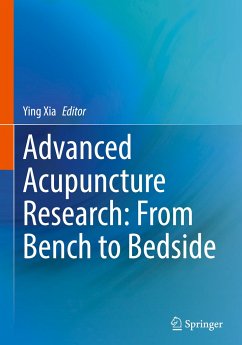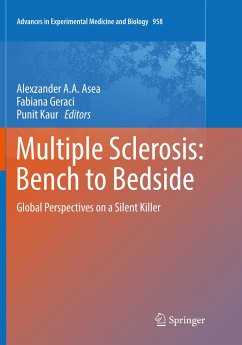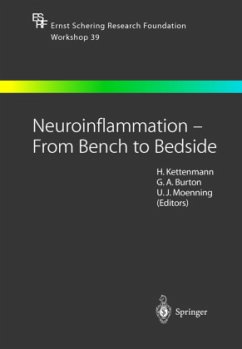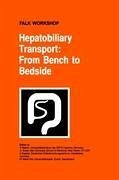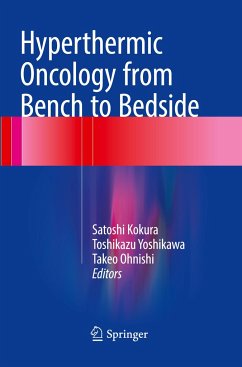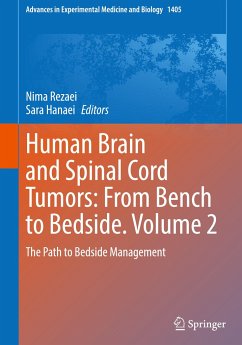
Advanced Acupuncture Research: From Bench to Bedside
Versandkostenfrei!
Versandfertig in 6-10 Tagen
211,99 €
inkl. MwSt.

PAYBACK Punkte
106 °P sammeln!
Written by over seventy scientists and clinicians worldwide from China, USA, Germany, Canada, Japan and other countries, this monograph, with nearly 450 figures and tables, covers a wide range of advanced progress in acupuncture research, from experimental research to clinical applications. In addition to exploring the histopathological basis for acupuncture and mathematical simulation of acupoint response to stimulation, initiation and transduction of acupuncture signals and cellular mechanisms during acupuncture effects as well as chemical and physical characteristics of moxibustion on acupo...
Written by over seventy scientists and clinicians worldwide from China, USA, Germany, Canada, Japan and other countries, this monograph, with nearly 450 figures and tables, covers a wide range of advanced progress in acupuncture research, from experimental research to clinical applications. In addition to exploring the histopathological basis for acupuncture and mathematical simulation of acupoint response to stimulation, initiation and transduction of acupuncture signals and cellular mechanisms during acupuncture effects as well as chemical and physical characteristics of moxibustion on acupoints are broadly discussed. The topics also include novel data on acupuncture effect with advanced imaging techniques, a unique understanding of meridian-viscera correlation, specific interactions between meridians and neurosensory organs within the system of homeostatic regulation and the acupuncture-induced influences on autonomic function. Several chapters introduce specific approaches with dryneedling, silver needling and stainless needling for certain diseases, such as myofascitis, supportive care for breast cancer and chemotherapy-induced peripheral neuropathy as well as perioperative care of surgical patients. Moreover, this book discusses recent research on acupuncture therapy and potential mechanisms for a number of severe and refractory neurological disorders, including hyperactivity of hypothalamic-pituitary-adrenal axis, orofacial pain, chronic pain, itch, multiple sclerosis, autism spectrum disorders, cerebral palsy, depressive disorders, Alzheimer's disease and ischemic brain injury. The vast amount of information offered in this book provides a comprehensive perspective on advanced acupuncture research to not only acupuncturists, but also to neuroscientists, neurologists, and other clinicians. For medical students and graduate and undergraduate students majoring in biology, physiology and neuroscience, this book offers an advanced course in learning about the mechanism-driven advances in alternative and complementary medicine.





